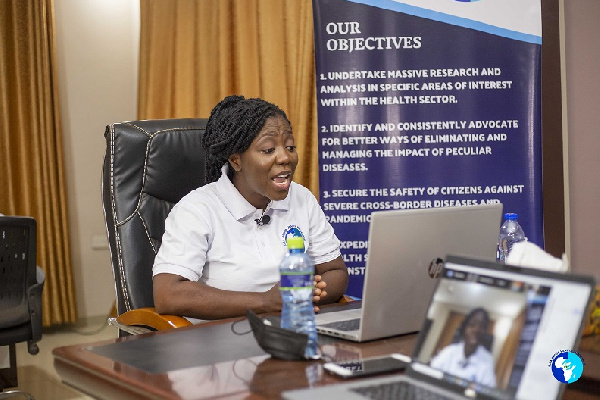World Bipolar Day: Show love, give hope
“Bipolar” disorder, also known as manic depress, is a mental illness that brings severe high and low moods and changes in sleep, energy, thinking,
and behavior. (HansaD,2020)
People who have bipolar disorder can have periods in which they feel overly happy and energized and other periods of feeling very sad, hopeless, and
sluggish.
In between those periods, they usually feel normal. You can think of the highs and the lows as two “poles” of mood, which is why it’s called
“bipolar” disorder.
The word “manic” describes the times when someone with bipolar disorder feels overly excited and confident.
These feelings can also involve irritability and impulsive or reckless decision-making. About half of people during mania can also have delusions (believing things that aren’t true and that they can’t be talked out of) or hallucinations (seeing or hearing things that aren’t there).
“Hypomania” describes milder symptoms of mania, in which someone does not have delusions or hallucinations, and their high symptoms do not
interfere with their everyday life.
The word “depressive” describes the times when the person feels very sad or depressed. Those symptoms are the same as those described in major depressive disorder or “clinical depression,” a condition in which someone never has manic or hypomanic episodes.
Most people with bipolar disorder spend more time with depressive symptoms than manic or hypomanic symptoms.
Dealings with the ups and downs of bipolar disorder can be difficult, not just for the person with the disorder but affect everyone around.
The good news is that most people with bipolar disorder can stabilize their moods with proper treatment, medication and SUPPORT.
Your patience, love and understanding can play a significant part in your loved one’s treatment and recovery.
Just having someone to talk to can make all the difference to their outlook and motivation.
Open and honest communication is essential to coping with bipolar disorder in the family. Share your concerns in a loving way. Ask your loved one
how they are feeling and make an effort to truly listen.
The more you know about your condition, the better you can manage your episodes.
Bipolar Affective Disorder is treatable to a very large extent and help is available to all. Talk to your health professionals.
“I may not be able to understand exactly how you feel, but I care about you and want to help and support you”… Tell someone with Bipolar Disorder Today.



